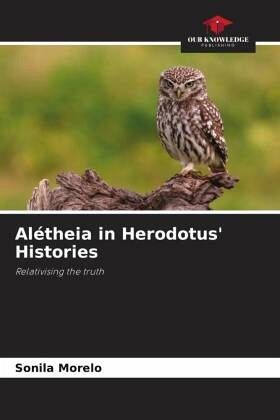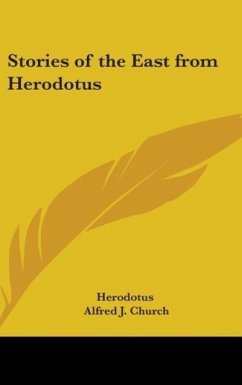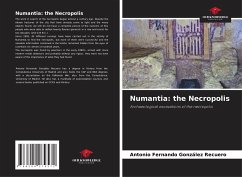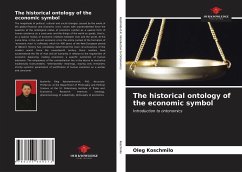
Alétheia in Herodotus' Histories
Relativising the truth
Versandkostenfrei!
Versandfertig in 6-10 Tagen
36,99 €
inkl. MwSt.

PAYBACK Punkte
18 °P sammeln!
Herodotus' prose narrative is a constant dialogue in which opinions about a subject are exposed to its addressee, the listener-reader, either through the words of the historian or through the voice of his characters. His work is based on the way of knowing that is related to seeing, but mainly to listening, after all, this historian's narrative is based on testimonial information. Herodotus writes according to: what he heard, akoêi grápho (HDT, II: 123); what is said, tà dè legetai gráfo (HDT, IV: 195); what the Greeks say, katà tà legómena hyp'Hellénon egò gráfho (HDT, VI: 53). In ...
Herodotus' prose narrative is a constant dialogue in which opinions about a subject are exposed to its addressee, the listener-reader, either through the words of the historian or through the voice of his characters. His work is based on the way of knowing that is related to seeing, but mainly to listening, after all, this historian's narrative is based on testimonial information. Herodotus writes according to: what he heard, akoêi grápho (HDT, II: 123); what is said, tà dè legetai gráfo (HDT, IV: 195); what the Greeks say, katà tà legómena hyp'Hellénon egò gráfho (HDT, VI: 53). In turn, the addressee, on receiving his narrative, is invited to express his opinion as well. It is this intense dialogue between Herodotus, the characters in his Histories and his listener-reader that produces an effect of a popular assembly held in a political community guided by democracy. Herodotus is a narrator in the Benjamian sense, for he does not intend to construct a synthesis for the reader. On the contrary, his listener-reader is constantly invited or even summoned to reflect and elaborate a personal opinion.












